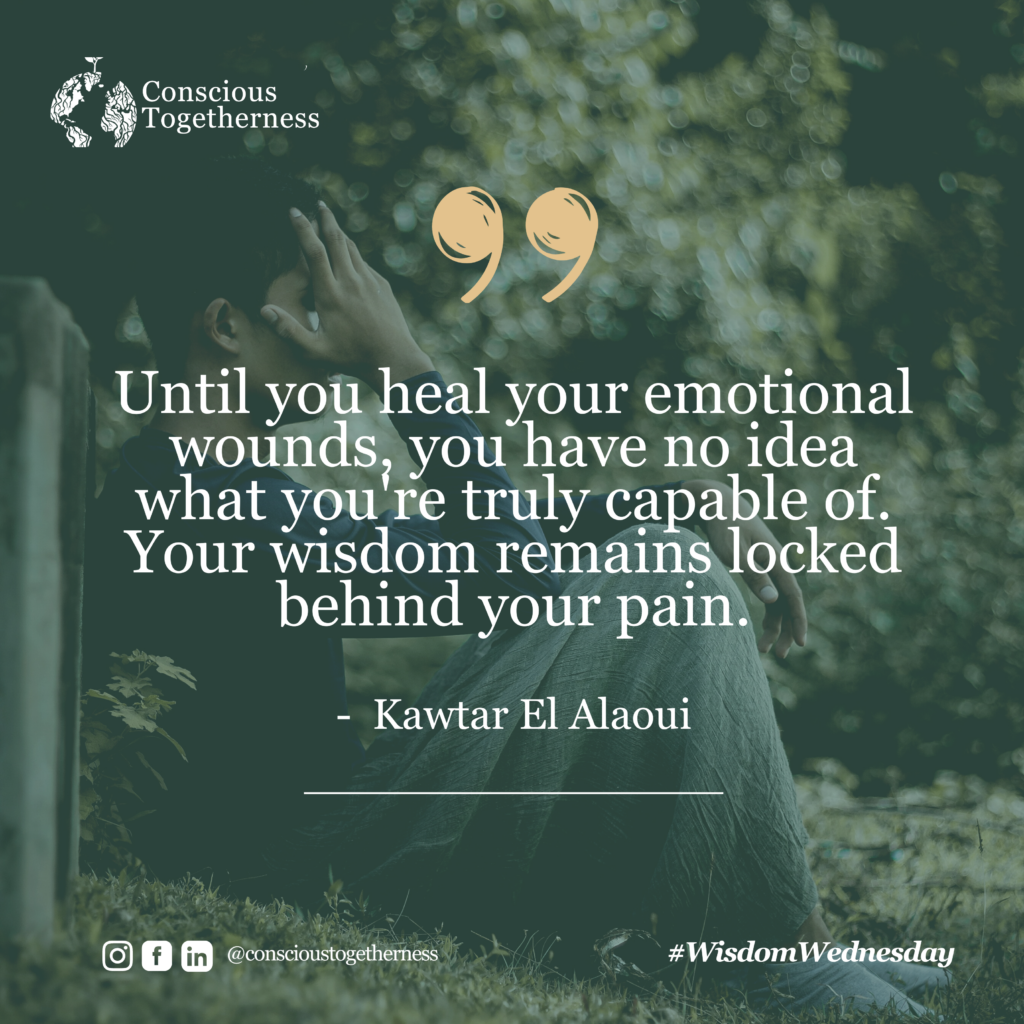Honesty is the most critical step in self-compassion. According to Jacob Nordby, co-Founder at Institute for Creative Living, most of us are conditioned to be the caregiver within our family. We are put in a position where we are tasked to take care of the needs of everyone around us without acknowledging that we have needs too.
Because we have long been exposed to this type of environment, becoming honest with ourselves about our true feelings and current state is so difficult a task. We then begin to perceive it as weakness.
Learn how our coaching and mentoring enhances your leadership and career satisfaction.
This constant demand from ourselves to set aside our needs and put others first, prevents us from seeing ourselves with compassionate and patient eyes.
Every journey always starts with a single step. Self-compassion is a skill we can all learn and master through time. So let’s take a step back from everything and ask these questions:
- How do I feel right now?
- Am I being patient and understanding with myself?
- Do I accept that failures and shortcomings are part of being human?
- What do I need right now?
Keeping ourselves in check will help us align ourselves and put things in perspective.
Practicing self-compassion also alleviates fear of social rejection. When we treat ourselves more kindly and without judgment, it paves way for honesty, authenticity, freedom, and optimism.
In fact, people who have an optimistic attitude on life are more likely to take risks by revealing their actual self. It boosts people’s willingness to be real, despite the risks associated.
Although practicing honest self-appraisal is essential to attaining self-compassion, we must bear in mind to be mindful not to overstep the thin-line of overly critical self-talk.
Whenever we feel bad, our self-critical voice starts to echo in our minds. At such instance, we must pause and think about what we have just said to ourselves, repeat it verbatim and ask the following questions:
- What words am I using when I am being critical to myself?
- What is the tone of my voice? Is it calm? Angry? Cold?
- Does the voice remind me of someone from my past who was critical of me?
Positive paraphrasing plays an important role as we overcome harsh self-criticism. We must make an effort to soften our inner critical voice by first acknowledging our emotions and imagine what a compassionate friend would say to us in such a situation.
Final Thoughts
We had talked a great deal about self-compassion and its facets in the previous blogs. However, we have to understand that to be able to be self-compassionate, we must first be honest with ourselves.
Now that your knowledge on self-compassion has widened, the real question is: at this very moment, how honest are you with yourself and your needs?
PS: I have a waiting list at the moment. Make sure to book your call to begin your journey as soon as possible.
Subscribe to our newsletter for tools and invitations that guide your purpose driven life & leadership.
Learn how our coaching and mentoring enhances your leadership and career satisfaction.

